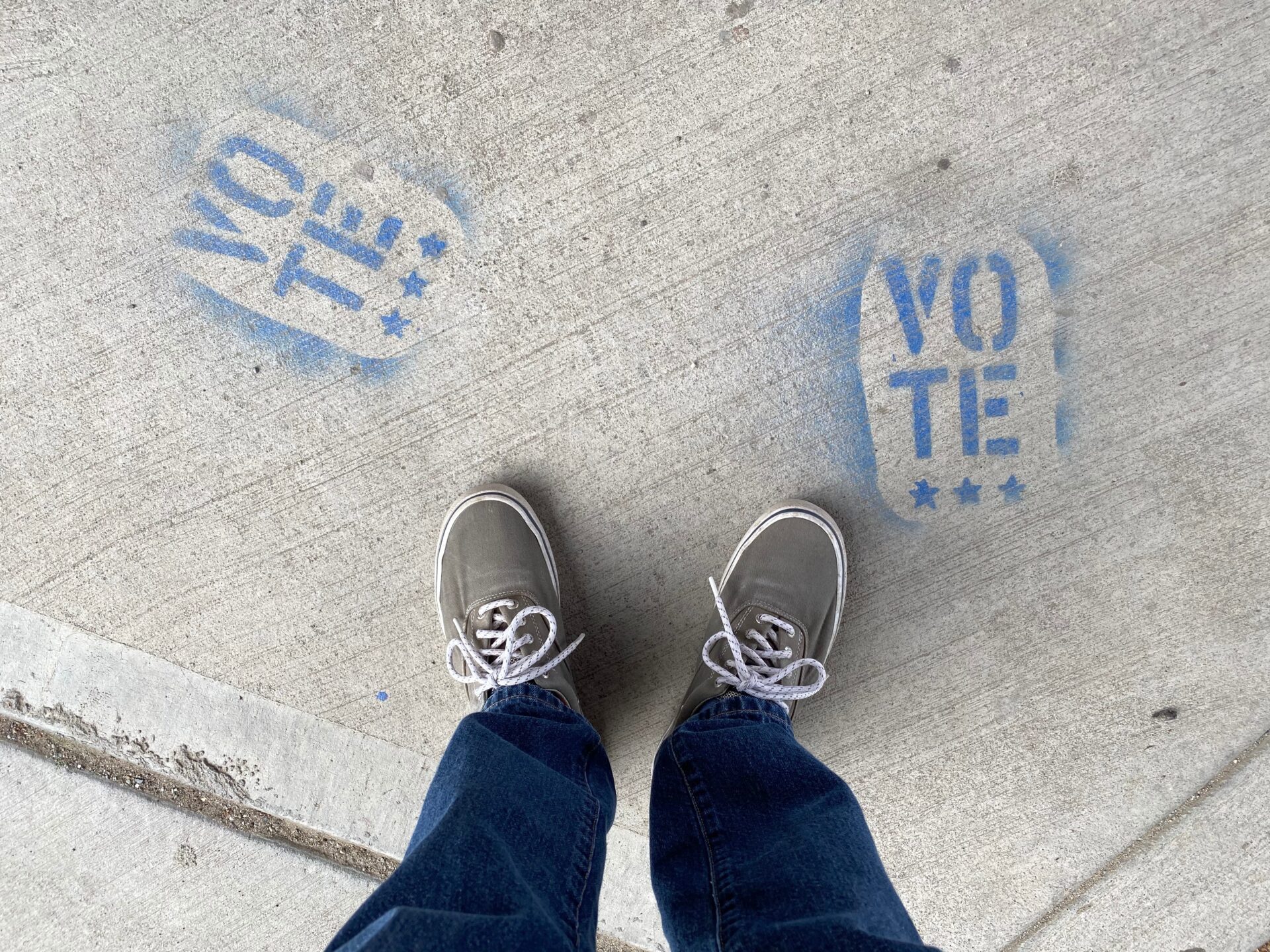Horse-race elections coverage focuses primarily on the competitive spectacle of campaigns, often at the expense of substantive policy discussions. This framework treats elections like a sporting event by emphasizing poll results, fundraising and candidate shade-throwing, which reduces complex policy debates to a simple win-or-lose binary.
Beyond that, considering elections mere competitions places voters and their concerns or questions at the margins of the conversation, forcing them to sift through dozens of episodic articles to find the bits of information they need to make informed voting decisions. This is a time-intensive process, which can de-incentivize voters from casting a ballot because they feel ignored.
Horse-race reporting is both disillusioning and protective of partisanship, as it portrays elections as zero-sum competitions for a chance at a finite amount of power, making it hard for elected officials and their constituents to see or work towards compromise for a collective good.
To push past horse-race coverage, newsroom leaders should rework their election and government accountability reporting strategies to center voters and constituents, not politicians or other political insiders. This means doubling down on engagement efforts to figure out what voters want to know or don’t know, deeply examining policy records and focusing on service beyond voting guides.
Guides & Best Practices
The Journalist’s Resource
“‘Horse race’ coverage of elections: What to avoid and how to get it right
This tip sheet was updated in 2023 to reflect updated best practices on how to shift away from horse-race coverage. It offers explanations for what to avoid — like covering a deluge of opinion polls — and alternatives for replacing that coverage.
Democracy Day
“Strengthening democracy one story at a time: A content menu for newsrooms”
Designed as an entry point for Democracy Day participants, this content menu serves as a list of story and topic ideas to replace horse-race coverage, how to frame them and examples from newsrooms across the U.S.
American Press Institute
“What local newsrooms can do now to prepare for a series of historic elections”
This report designed to help newsrooms prepare for the 2022 midterm elections includes chapters on shifting away from scoop-centric campaign reporting, and how to train reporters to do more service-oriented election coverage, plus a list of further reading and resources.
Press Watch
“A desperate appeal to newsroom leaders on the eve of a chaos election”
This Press Watch article provides newsrooms with a framework for planning their 2024 elections coverage with an eye to avoiding spectacle and prognostication. The recommendations include cutting back on context-less poll coverage, doing more voter interviews and focusing on the stakes of the election — and the consequences of different outcomes.
“The Citizens Agenda Guide”
This 44-page guide serves as a starting point for newsrooms on how to do the inverse of horse-race coverage: starting all election reporting with the voter and their information needs. It includes a readiness assessment for newsrooms to better anticipate the challenges they will face in moving towards this model.
Nieman Lab
“‘Revolve around the voter’: How 3 newsrooms are covering elections differently”
This article examines how three differently-sized and resourced newsrooms — The 19th, Injustice Watch and Spotlight PA — swapped horse-race reporting for voter-first service journalism.
Pew Research Center
“Key things to know about election polling in the United States”
Since reporting on polling will always factor into election coverage to a degree, this guide offers tips on how to understand and decipher the results and validity of opinion polls.
Assistance
Democracy Day is an initiative of the Center for Cooperative Media at Montclair State University that encourages newsrooms to produce pro-democracy reporting annually on September 15. All of their programming is centered on providing newsrooms with the means to successfully abandon horse race coverage and report on the stakes of crucial elections.
The Citizen’s Agenda is a training program for newsrooms from Jay Rosen, Hearken, Trusting News and the Membership Puzzle Project. It teaches news organizations how to do meaningful community engagement to assess the sentiments, information needs and concerns of voters and eventually produce reporting based on those learnings.
American Press Institute helps news organizations remain sustainable by doing research and creating resources on accountability journalism improvements, community engagement and the speed and enthusiasm with which newsrooms change their practices. Their focus areas include reimaging election coverage and tackling misinformation and disinformation.
The Democracy Fund is a nonpartisan foundation that provides financial support to journalism organizations that are doing work to undergird democracy by moving away from horse-race reporting.
Additional Resources
The Journalist’s Resource
“Research says ‘horse race’ reporting of elections can harm voters, candidates and news outlets” by Denise-Marie Ordway
Research Roundup
Colorado Newsline
“We’re demoting horse race elections coverage. Here’s why.” by Quentin Young
Article
LAist
“We’re shifting the focus of our politics coverage from politicians to voters. Here’s why.” by Tony Marcano
Article
Social Science Research Network
“Projecting confidence: How the probabilistic horse race confuses and demobilizes the public” by Sean Westwood, Solomon Messing and Yphtach Lelkes
Research
Oxford Handbooks
“Horse-race and game-framed journalism’s effects on turnout, vote choice, and attitudes toward politics” by Benjamin Toff
Book Chapter
Scholar Space
“Online political comments: Americans talk about the election through a ‘horse-race’ lens” by Gina Masullo, Jeremy Shermak, Martin J. Riedl, Jordan Brown and Ori Tenenboim
Research



